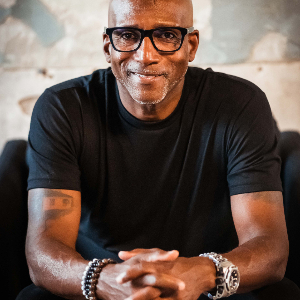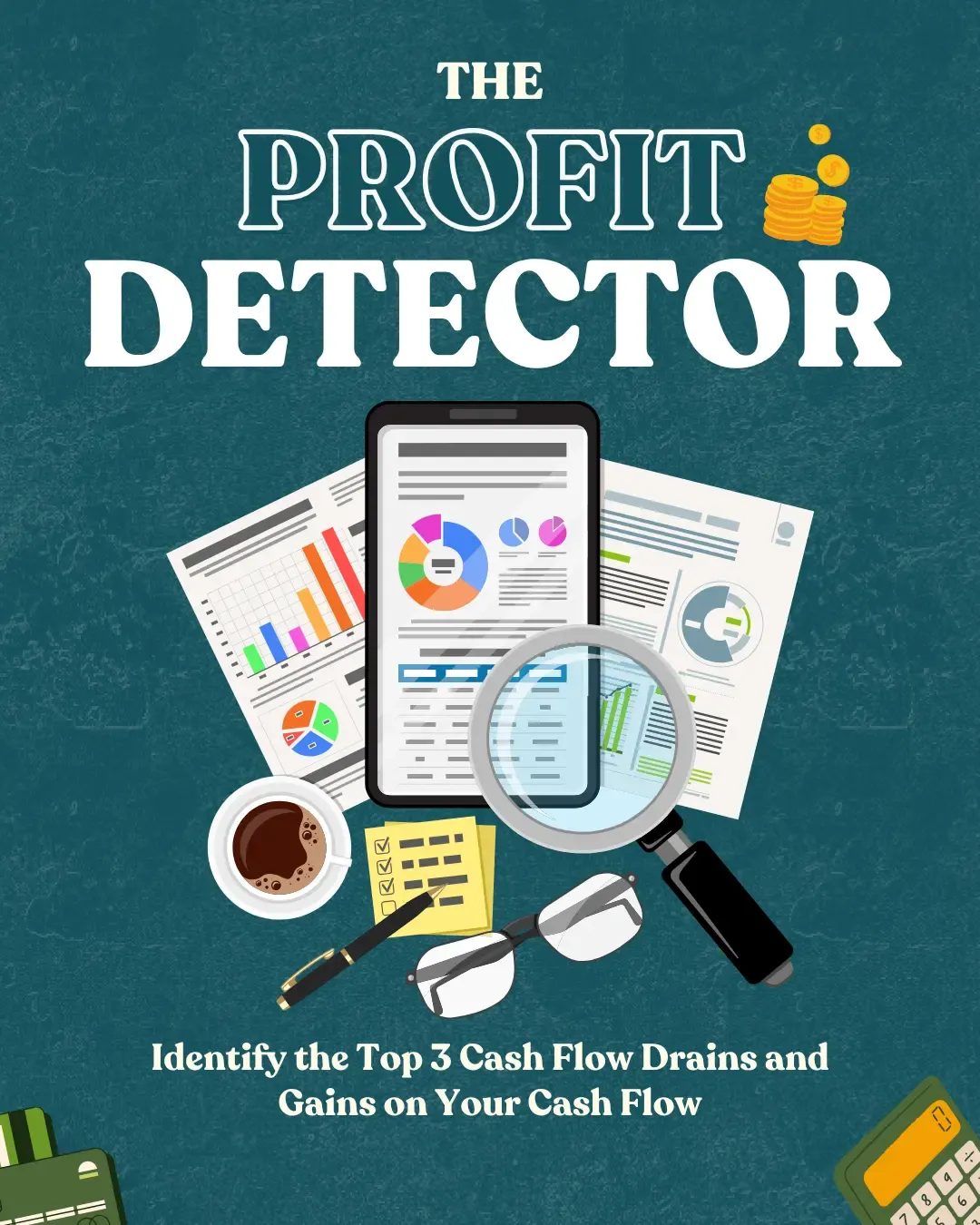The Thumbs Up Emoji: A Tiny Middle Finger in Disguise

(FYI-This is intended mostly for laughs. Just wanted the literal police to know.)
There are a lot of ways to subtly insult someone in the digital age. There's the dreaded "K." The ominous "…" that implies disappointment. The double-tap "Liked" reaction that says, "I saw this but had no emotional energy to respond." But nothing – and I mean nothing – cuts quite like the casual cruelty of the thumbs-up emoji.
Yes, I know, I know. Most people use 👍 as a simple sign of acknowledgment, a digital head nod, a low-effort way to say, "Got it!" But for some reason, every time I receive it, my brain processes it as:
"Okay, loser. Whatever you say."
I don't know when the shift happened. It could have been years of passive-aggressive workplace emails or text conversations that ended in abrupt digital brush-offs. But at some point, the thumbs-up emoji went from being a neutral symbol of agreement to feeling like a corporate pat on the head—condescending, dismissive, and vaguely hostile.
Am I reading too much into this? Almost certainly. Will I stop feeling personally attacked every time someone responds with just 👍? Absolutely not.
Let's unpack this together, shall we?
The Hidden Meanings of the Thumbs-Up Emoji
I know that, technically, 👍 is supposed to be a good thing. It's the emoji equivalent of saying "Cool" or "Sounds good." But context is everything, and I firmly believe that not all thumbs-up messages are created equal.
Here's a breakdown of the different ways this tiny yellow hand (or whatever skin tone you choose) can ruin my day:
- The Corporate Brush-Off
Scenario: You send a carefully worded email to your boss detailing a project update, complete with bullet points, key takeaways, and action items. After waiting two hours for a response, you finally see the dreaded notification pop-up:
Boss: 👍
Translation: "I acknowledge that you have written words. I have no intention of reading them."
It's the digital equivalent of a manager nodding while walking away before you finish your sentence. There is no feedback, no engagement, just a cold, lifeless thumbs-up, as if to say, "Please stop talking now."
- The Passive-Aggressive Agreement
Scenario: You remind a friend or colleague about something important. It could be a deadline, a meeting, or a plan you made together.
You: "Hey, just a reminder that we're all meeting at 7 p.m. tonight!"
Them: 👍
Translation: "Fine. Whatever. I guess I'll be there, but I resent that you reminded me."
There's something about getting a thumbs-up in response to an enthusiastic message that makes me feel like I've just been shushed. Like I dared to disrupt their day with my unnecessary enthusiasm.
- The Dad's Response
Scenario: You share huge life news.
You: "Dad, I just got a promotion!"
Dad: 👍
Ah, yes, the classic dad move. He means well. He really does. But deep down, I was hoping for at least a "That's great, son!" Instead, I get the same emoji he would send if I told him I remembered to get an oil change. Sadly, this is likely the only emoji he uses for everything!
- The Friend Who's Over You
Scenario: You send a heartfelt, emotional message to a friend about something important happening in your life.
You: "Man, it's been a rough week. Work has been stressful, and I feel like I'm not where I want to be."
Them: 👍
Translation: "I have no emotional bandwidth for your struggles now. Good luck with that, champ."
Alternatives to the Thumbs-Up (That Might Be Even Worse)
If the thumbs-up emoji is bad, some of its cousins are downright criminal. Here's a quick ranking of other responses that make me question my life choices:
- The Single "K."
I don't care how much you love efficiency—you do not just reply with "K." This one-letter response has the emotional weight of a door slamming in my face. If "K." had a voice, it would be monotone and mildly irritated.
- The "…"
Oh, the dreaded three dots. What are you trying to say? Are you judging me? Are you disappointed? Is there more you want to say, but you're choosing not to? The ellipsis is pure menace.
- The Double-Tap "Liked" Reaction
On some platforms, you don't even have to type anything. Just double-tap and move on. That is the ultimate lazy response. It's the digital equivalent of a head nod from across the room. No words. No effort. Just a notification that says, "They liked your message."
Thanks, I guess?
Maybe This Is a Me Problem (But Probably Not)
At this point, I have to ask myself the tricky question:
Am I overthinking this?
The logical answer is yes. The rational part of my brain knows that most people who send a thumbs-up emoji aren't trying to be dismissive. It's just quick and easy, and it doesn't require energy or thought.
But then the irrational part of my brain says:
"Okay, but also… what if they secretly hate me?"
However, there is one scenario where I'll allow the thumbs-up emoji with zero offense taken—when the person sending it is currently driving. If you're behind the wheel and trying to acknowledge my message without crashing into a guardrail, I will gladly accept 👍 as a substitute for a complete sentence. (But how do I know you are driving? Perhaps someone can create a 👍🚘 combination.)
A Plea for More Thoughtful Responses
I'm not asking for a full Shakespearean sonnet in response to my texts, but could we at least upgrade from 👍 something with a little more heart?
For example:
- Instead of 👍, try "Sounds good!"
- Instead of 👍, try "Awesome, thanks!"
- Instead of 👍, try literally any GIF of a dancing cat.
A little something to let me know you care, you know?
If you've made it this far, you now know way too much about my personal insecurities. But I also suspect—deep down—that I'm not alone in this. Somewhere out there, another person receives a thumbs-up text, spirals into an existential crisis, and wonders what they did to deserve such a cold, indifferent fate.
To that person, I say: I see you. I hear you. And you deserve more than just a thumbs-up.
Now spread the good word—let's retire 👍 once and for all.
And if you agree, just let me know with a nice, heartfelt…
👏👏👏 (Because clapping hands are way more supportive.)
Final Thought: A Completely Unscientific Study
According to no actual research whatsoever, 82% of people who receive a thumbs-up emoji feel dismissed, while the other 18% are the ones sending it.
Coincidence? I think not.
I have to finish with this. All my smart-ass friends and acquaintances will have a field day doing nothing but responding to this with a 👍.
To that, I say, ☝️ but I really wanted a different finger!
SUBSCRIBE FOR WEEKLY INSIGHTS
Don't miss out on updates, new podcast episodes, and valuable insights from Jay. Subscribe and join his newsletter community for thought-provoking discussions and tips on fostering a human-centric workplace culture.
We hate SPAM. We will never sell your information, for any reason.



